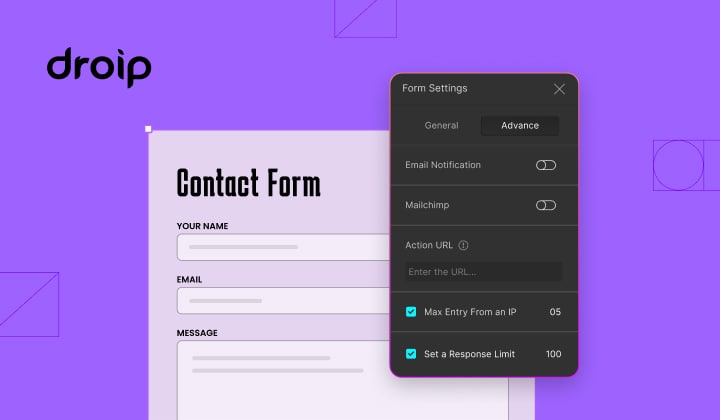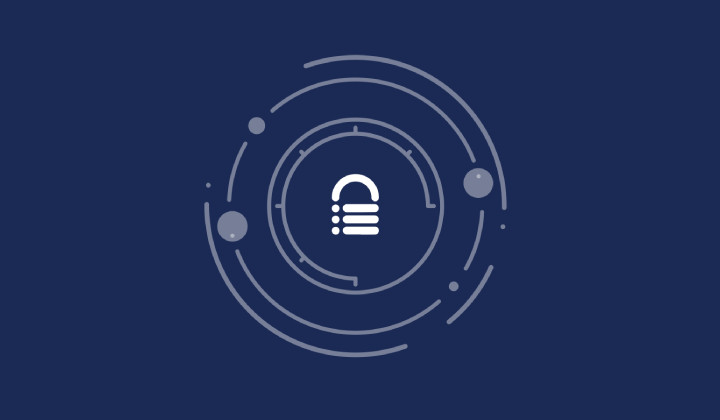How does BlogVault safeguard your data?
Bulletproof Backups for Your WordPress Website
Fortify your business continuity with foolproof WordPress backups. No data loss, no downtime — just secure, seamless operation.
Data security is one of the top concerns in the world today. With a rise in the number of systems being automated and information stored electronically, the vulnerabilities are also ever increasing. We at BlogVault understand the value of website security and the implications of data loss. Therefore, we’ve taken every possible measure to ensure that it is 100% safe and secure. We maintain multiple copies of your WordPress backup on our local servers. Besides that, we also store your encrypted backup data on Amazon S3 servers. Lastly, we also provide you with an option to upload any particular version of the WordPress backups the BlogVault plugin maintains, to your Dropbox. We ensure that the integrity of your data is not compromised at any point.
BlogVault Data Center
We store two copies of your website backup in our data center located in Germany. The data center houses highly robust and secure servers.
Co-located data and backup
BlogVault ensures the highest protection for your data because your website backup is stored independently from the actual data. This is a classic case of separating the church from the state so that each can fulfil its own purpose. By maintain your backup in servers that are different from where your actual data resides, we ensure that your backup is always at your disposal in the face of any site failures.
Cloud Storage
Apart from the two copies of your website backup our data center, we also create as many as seven copies of your data on Amazon S3 servers. This means we have nine encrypted copies of every backup.
You have the choice of downloading any version of your backup in the last 30 days, at any point of time. What if there is a gold version that you want to copy to your own storage, such as Dropbox? We allow that too by providing an Upload to Dropbox option for every backup version in our history.
Using your own Amazon S3 account
Many developers today may have their own Amazon S3 account. However, there are many potential threats while interfacing with S3 servers directly from your website. Some of the obvious hindrances that you might encounter while using S3 servers are:
- Ideal for hard-core programmers – Amazon provides APIs for you to embed in your code so that data is automatically backed up from your website. Unless you are a geek who likes to get down and dirty with such specifics, this could be a challenge for a regular developer.
- Key management – Every Amazon S3 account is uniquely identified by a key. This key needs to be a part of any website that interfaces with S3 servers directly. A developer working on five sites will be using one S3 account and hence, the same key for all the websites. This puts your data at great risk. If one of these websites is hacked and the evil doer gets hold of your S3 key, all five sites are compromised. You can not only end up losing all your data but also your S3 account itself.
- Account management – Managing an S3 account requires a bit of effort in itself. You need to have an in-depth understanding of how S3 account stores your information (buckets, objects), access control, and versioning.
We at BlogVault alleviate all the above S3 server related problems by maintaining our own S3 account to store your backup. Unlike regular developers, we don’t have to embed the S3 key into your website. Instead, our S3 key is stored within the database, thus ensuring its security. You also don’t need to undergo any hassle for storing or managing your data in your S3 account as it is handled by us. Hence your data is totally independent of your website, and completely protected.
Using your Dropbox account
You might be wondering, why not use a Dropbox account for backup? After all, it works as an excellent interface to Amazon S3 servers. You still have to embed the Dropbox key in your website. And the cost is much higher than an S3 account itself. But if you still want to save your backup to Dropbox, we have an Upload to Dropbox option just for you.
In summary, you can be at peace once you sign up with us. We safeguard your data using the best in class technology. We perform WordPress backups, secure your data, and keep your website data ready in case of any emergency you might face.
Tags:
Share it:
You may also like

How to Limit Form Submissions with Droip in WordPress
Forms are an indispensable part of any website because of their versatility, letting you collect information for various purposes! However, people with ill intentions often attempt to exploit these forms…

How To Manage Multiple WordPress sites
Management tools help agencies become well-oiled machines. Each task is completed with the least amount of effort and highest rate of accuracy. For people managing multiple WordPress sites, the daily…

PHP 8.3 Support Added to Staging Feature
We’ve introduced PHP version 8.3 to our staging sites. Test out new features, code changes, and updates on the latest PHP version without affecting your live website. Update PHP confidently…
How do you update and backup your website?
Creating Backup and Updating website can be time consuming and error-prone. BlogVault will save you hours everyday while providing you complete peace of mind.

Updating Everything Manually?
But it’s too time consuming, complicated and stops you from achieving your full potential. You don’t want to put your business at risk with inefficient management.

Backup Your WordPress Site
Install the plugin on your website, let it sync and you’re done. Get automated, scheduled backups for your critical site data, and make sure your website never experiences downtime again.




